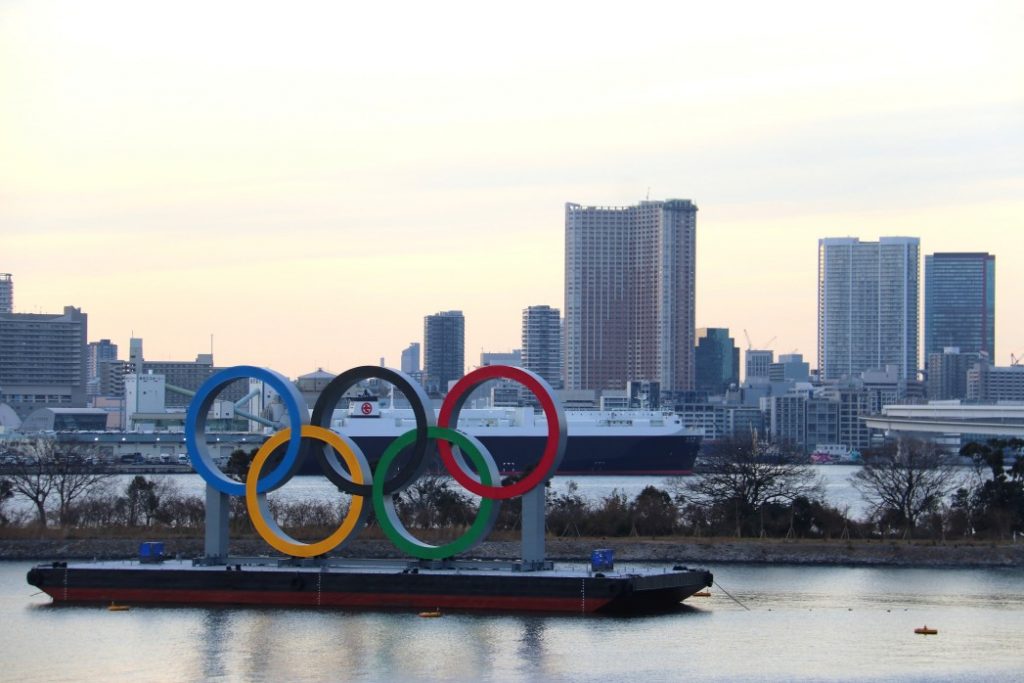The pandemic has led to frustrating restrictions and unhappy locals.
Hosting an Olympic Games is a very expensive endeavour. When Tokyo won the bid to host the event in 2013, it planned to spend $7.3 billion on it (that’s about £5.3bn). That’s a lot of money by most people’s standards. But since then, the costs have ballooned. The country has already spent its original budget twice over, and there’s whisperings that the final bill could come to 3x or even 4x the 2013 estimate.
Not all of these extra fees could have been predicted. An unexpected pandemic meant Japan had to foot the cost of first postponing the games and then adding a ton of new Covid-safety requirements to it. And while usually host cities can expect to fund some of the bill via ticket sales, with spectators banned that won’t be the case this year. Having said that, Japan blowing their budget shouldn't have come as a surprise to anyone. After all, every single Olympic games since 1960 has run over budget, most of them quite significantly.
So given the humungeous bill attached - the majority of which will be funded by the taxes the Japanese public pay their government - why do countries still compete to host the Olympic games? Well, host cities are supposed to reap a bunch of benefits from the event. The games are supposed to bring in lots of new revenue via tourism, business investment and extra spending by locals on Olympic-related stuff. This economic uptick is also supposed to persist after the games conclude, because drawing attention to a country bumps it up people’s bucket lists and businesses’ investment lists.
It’s also pointed out that lots of the spending will go into new infrastructure, such as athlete accommodation, transport links and sports facilities, that will hire locals while the games are on and can be used by locals after the games finish. Then there’s the idea that the Olympics will inspire locals to get sporty, bringing a fitness boom that will help people's health and government's healthcare spending. And even if it doesn’t get people off the couch, the hope is that the games will create a sense of pride, unity and general happiness that will translate into one big wellbeing boost.
Even before 2020, there were plenty of critics saying that the impact of these positive effects was massively overstated. But at Tokyo 2020, there may be almost no benefits at all. Border closures mean no foreign tourists, now or anytime in the near future. The pandemic and associated economic contractions also means fewer businesses are in the mood to open their wallets for new investment ventures.
As for locals, with the games having been made audience-free, even they aren’t soaking up the atmosphere or spending money on overpriced arena hotdogs. Fear of the virus combined with restrictions on movement and group gatherings also means few of them are picking this moment to sign up to a running club or join a netball team. As for the warm fuzzy feelings the games are meant to inspire, just before the Olympics kicked off 83 percent of the Japanese public said they didn’t want them to happen. Most were worried that the event would lead to an increase in coronavirus illness and deaths, especially as Japan has a relatively old population and has been slow to vaccinate people. Cases in the country are indeed going up.
The infrastructure has still been put in place, of course. But it's unclear how useful that will be. Fewer employment opportunities were created than if the Olympic village had been filled with the usual busy bars and shops. Traditionally, most Olympic buildings go underused after the games because they are too specialised for general use. And Tokyo was already an efficient, modern city with good transport links. Many of its residents may wish that its government had saved its pennies and spent more on combating the spread of Covid, or on helping citizens who have been adversely affected by either the disease or the related restrictions.
Read our explainer on: what determines how governments spend money

